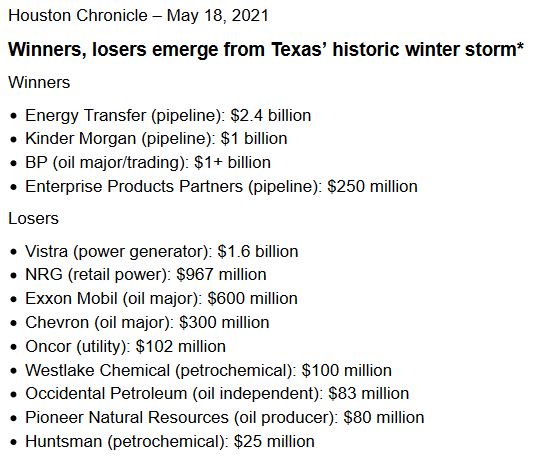Tiffany Dowell Lashmet, blogger at Texas A&M AgriLife Extension, alerted me in her blog to a bill passed in the last session of the Texas Legislature, HB 365, that Texas landowners should know about. The bill amends the Texas Farm Animal Liability Act, Texas Civil Practice and Remedies Code Chapter 87. The Act offers landowners protection from liability from injuries caused to “participants” resulting from an inherent risk of engaging in a “farm animal activity”.
The bill was passed to address an issue with the Act addressed in a Texas Supreme Court case, Waak v. Rodriguez, 603 S.W.3d 103 (Tex. 2020). The Waaks breed Charolais cattle on their ranch in Fayette County. They hired Raul Zuniga to help with the cattle. They instructed him to move some cattle to a different pasture, including a 2,000-pound bull. They later found Zuniga dead in the pen with the bull, cause of death blunt force and crush injuries. Zuniga’s parents and surviving children sued the Waaks for wrongful death and survival claims, alleging negligence. The trial court dismissed the case on the ground that the Farm Animal Activity Act barred the claims. The Court of Appeals reversed, holding that the Act did not apply. The Supreme Court affirmed, holding that the Waaks were not entitled to the protection of the Act. The Act limits liability for injury to a “participant in a farm animal activity” that results from “inherent risk” of such activities. The court held that Zuniga was not a “participant in a farm animal activity” as defined in the Act.
HB 365 broadens the definitions of participant and farm animal activity so that they would cover injuries sustained in handling cattle like the activity engaged in by Zuniga. (It also now includes bees as farm animals covered by the Act.)




